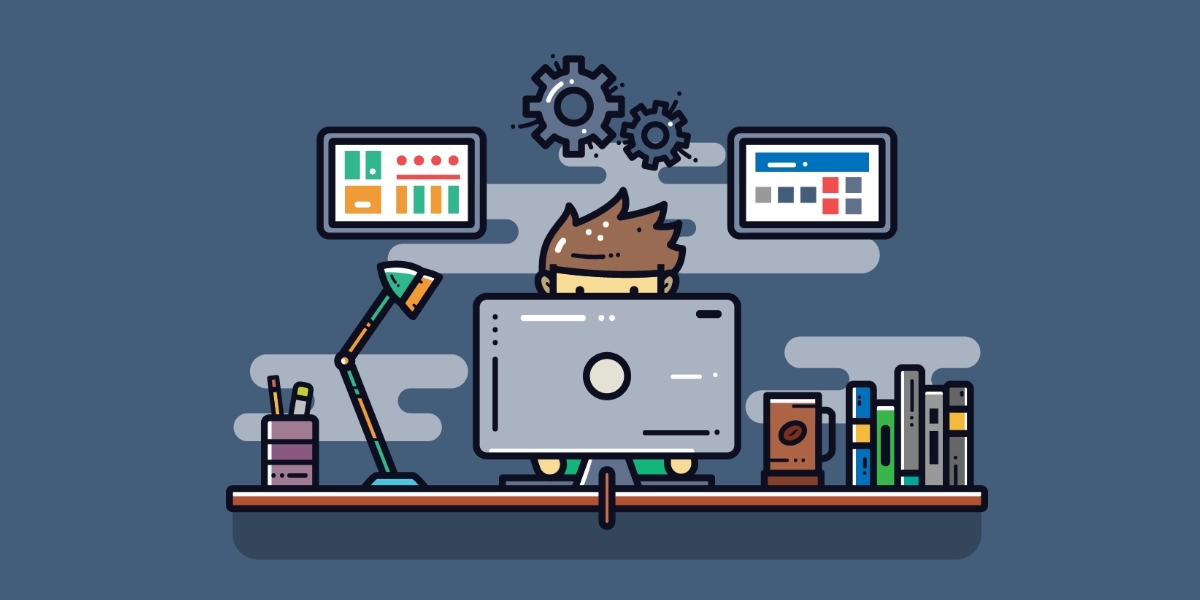Gone are the days when the primary function of a CRM was to keep track of the customer record and offer a basic platform to communicate with the customers. With the development of technology over years and the introduction of smartphones, AI, IoT, and BigData, the CRM is supposed to be well equipped with advanced technology and integrate with other applications to offer more advanced features. Hence, offering advancement in overall customer relationship management strategy.
The initial versions of CRM were to manage customer data and increase workflow automation, while the present CRM is technologically advanced and is more of about offering better customer experience. Following are the technology and trends helping CRM shaping the modern market and making it ready for future use:
1. AI and Machine Learning:
AI serves as a virtual assistant for the employees. With the help of AI, the routine and mundane tasks that consume time can be automated. Activities like updating job status, data input, and retrieval of information, etc. can be taken care of by the AI and more time can be dedicated to converting the leads and building relationships by interaction. The AI takes to have access to client data and provides a detailed analytics report on browsing behavior of the customer, location, demographics, buying behavior, purchasing capacity, etc. The data also helps enhance marketing campaigns and resolve customer service queries.
AI helps in generating leads and prioritizing best leads for the sales team to follow up for conversions.
2. Mobile CRM:
The salesforce is always on the move. And since the team is on-field most of the times, they should have access to the data remotely. CRM application provided on mobile help manage sales workforce to manage the sales process from anywhere, thus making the system more effective. It also gives them access to update the leads, conversions and new opportunities on the daily basis, adds intuitive remarks, updates dashboard in real-time and access to customer interactions, which makes the overall sales process more efficient by ensuring your customer gets the best service available every time.
3. Cloud-Based CRM software:
Deploying CRM over SaaS or adopting a cloud-based CRM has many advantages associated. The one central storage location enables the user to maintain a healthy relationship across all the departments. The cloud-based storage, being the centralized database, is also beneficial for the company as it takes into consideration all the departments and the information can be accessed across departments by the authorized person. Besides the ease of access information, the cloud-based system has a highly secure interface, easy installation, almost nil downtime and seamless access across devices.
4. Social CRM:
For the brands in B2C, customer interaction plays a major role in generating business.
The social CRM controls the way the brand interacts with the customers and the prospect customers. The CRM tracks, benchmark, monitor and engage with customers across different social media platforms, and on the website in the form of chatbots. This helps in faster response to the customer query with chatbots initializing the conversation on social media platforms. This consistently improves the brand experience across social channels and help improve loyalty and lifetime value scores for the brand.
5. Personalized Services:
By analyzing the customer behavior and identifying the buying traits, CRM systems can automatically display the personalized content feed that caters the exact need of the customer. The future CRM software is expected to be smarter and serve the customer with more customizable content/suggestion so as to make the purchase more smart and filtered. It enhances the customer experience by focusing on targeting, intelligent segmentation, and real-time communication. More customized the experience, more the customer prefers to visit the business again.
6. Data enriched CRM software:
The earlier CRM used to lack the reliable and authentic data and was preferred just as a storage house of customer data. However, with the introduction of Big Data, the CRM is now able to filter the data based on the most relevant leads available, potential customer, customers converted and on most relevant queries. The flow of data in the system is uninterrupted and updates are done in real-time. The analytics are used to drive optimal customer experiences.
7. Integration with other applications:
CRM system in the future would be able to integrate with other applications, such as, E-mail platform, accounting software, social media, analytics software, etc., to correlate with each other and have customer experience a single journey. The inputs across departments would help increase the overall customer experience.
With all the above-listed technology advancements in the CRM software, it is believed to change the way the business communicates and two-fold customer experience by facilitating through automation and data management.

